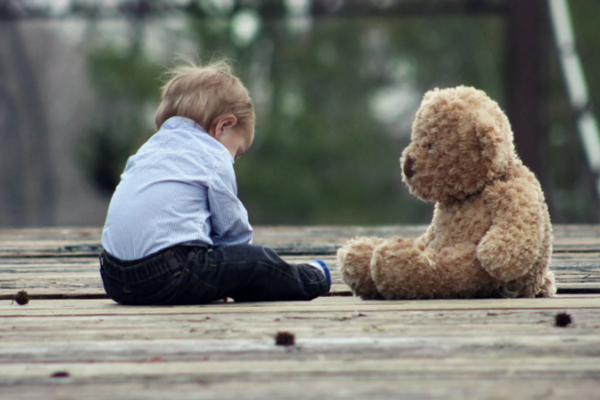A recent study has found that babies that were born during the Covid-19 lockdowns have taken a longer amount of time to reach certain development milestones.
The study, conducted by the Royal College of Surgeons in Ireland and published on October 11, 2022, discovered that these ‘lockdown babies’ had their social skills impacted by the isolation period in the early stages of their lives.
Babies born in Ireland from March to May 2020 found it more difficult to communicate at the age of one than infants that had been born between 2008 and 2011.
These results are based on a questionnaire given to the parents of 309 babies born in Ireland during the pandemic, on the topic of 10 different skills- the ability the crawl, side step along furniture, stand alone, pick up tiny objects with thumb and index finger, put one brick on top of another, finger feed, know their own name, has one definite and meaningful word, point at objects and wave bye-bye.
76.6% of tots born during lockdown had one definite and meaningful word, compared to 89.3% who had been born from 2008-2011. 83.8% of ‘pandemic babies’ could point by the time they were one, while 92.8% of babies born before Covid-19 lockdowns could do the same task.
94.4% of babies born pre-pandemic would wave bye-bye by the time they were 12 months old, which dropped to 87.7% of babies born during lockdowns doing the same thing.
The research stated, “Babies born during the early stages of the pandemic missed the opportunity of meeting a normal social circle of people outside the family home, including other babies and grandparents”. This was mostly due to Ireland’s maximum lockdown at the beginning of 2021.
The study also found that restrictions caused by social isolation means that 25% of infants hadn’t met a child their own age by their first birthday, which would have an effect on their social peer interaction.
These babies’ delayed development would also be due to less interaction with people in public, not being able to go out and see new objects to make them point at, and many adults they would come across wearing masks, meaning they would see less new language being spoken.








